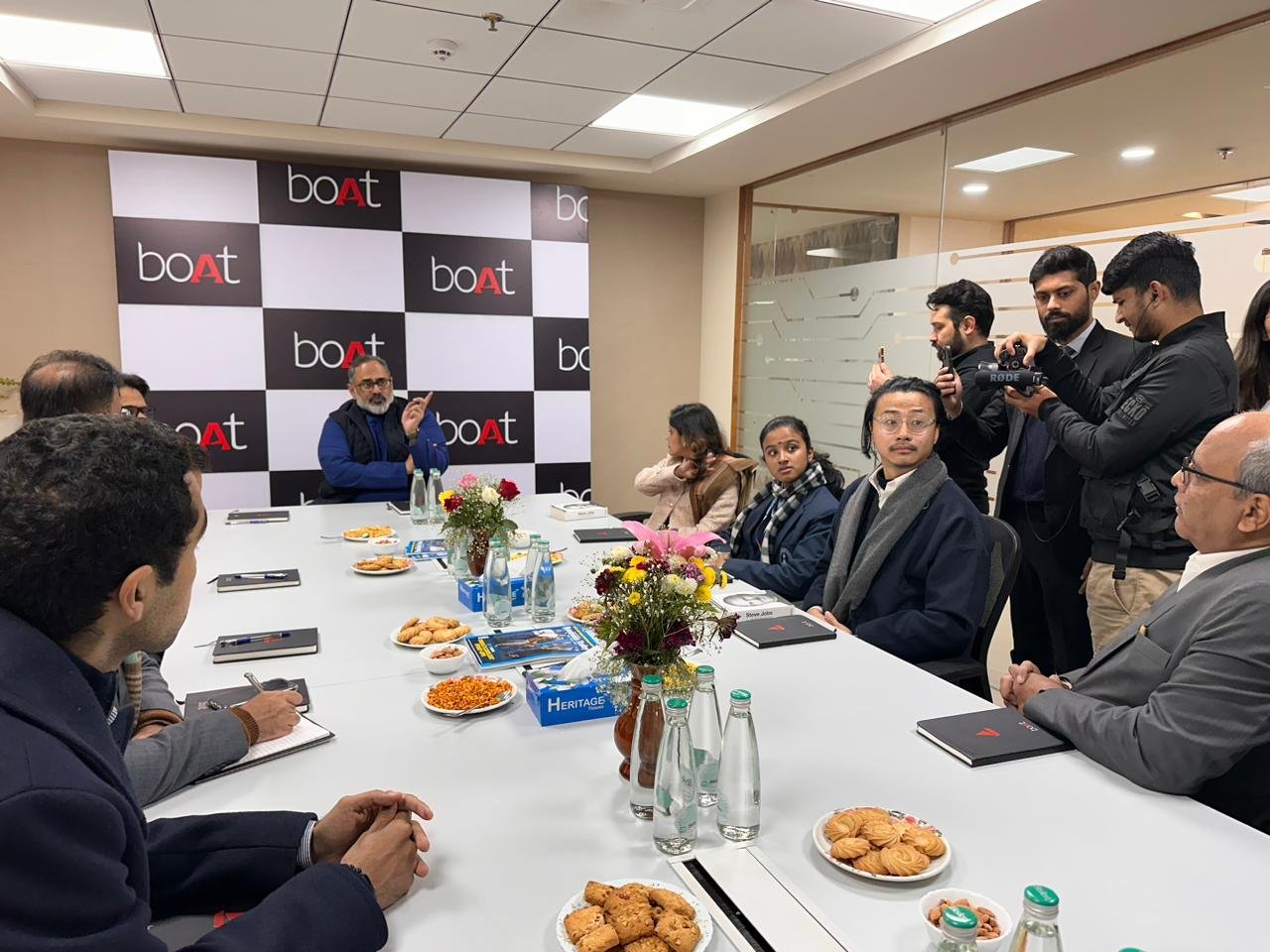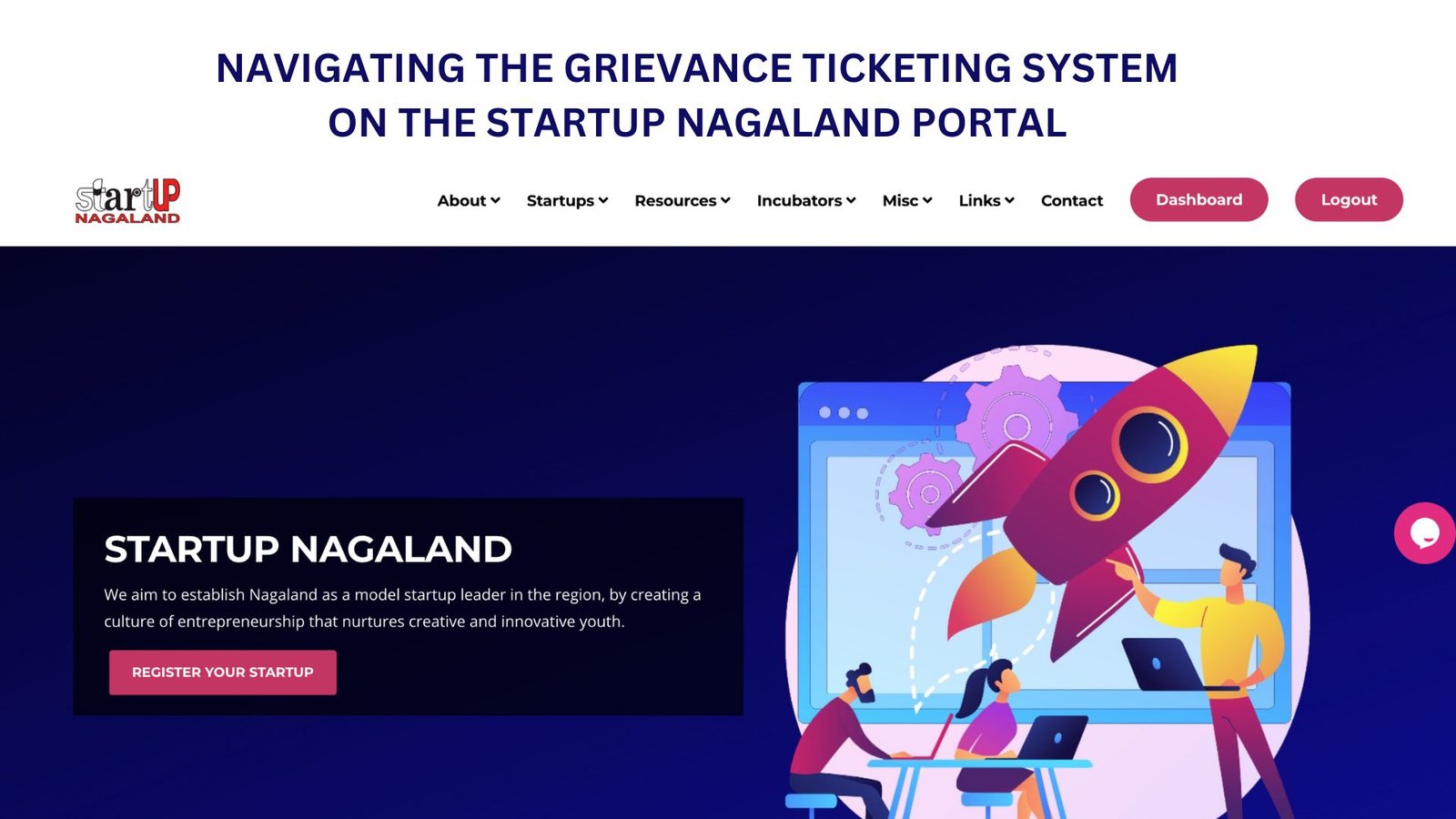
Employee Stock Options for Startups
The emergence of Startups has also heralded the new age of employee compensation structures. Startups are innovative ‘by-default’ and their creativity also extends to the sphere of how their employees are compensated. There isn’t a problem that our Startups cannot solve - which includes, overcoming cash constraints while hiring the best talent the market (Indian or Global) has to offer. How do Startups manage to hire & retain top talent despite lack of cash resources? The answer is ESOPs or Employee Stock Option Plan.
None of you are strangers to this term; ESOPs are actively deployed by Startups to achieve twin objectives (a) hiring the best, and (b) retaining the best for long periods of time. Of course, ESOPs also make the employee part-owner of the Startup. Thus, the emotional connect to the Startup is much higher vis-a-vis full cash compensation. ESOPs represent the collective faith of the Startup’s talent pool, in the business that they are co-creating. The benefits of ESOPs are immense - thus, it is important for any Startup to know its finer details.
Let’s begin!
Allotment of ESOPs
ESOP can be formulated by companies. Most Startups are Private Limited Companies and are governed by the Companies Act 2013. The Act permits the allotment of shares to employees of the Startup (or its holding or subsidiary company), under an approved ESOP, at a future date but, at pre-determined value. The ESOP should be approved by at least 75% majority of shareholders of the Startup. Pre-determined value could be the face value of the shares. For example a share, whose market value is Rs. 1,000 could be made available to the employee at Rs. 10. The benefit to the employee, of course is the difference, which in my example is Rs. 990 per share. This could be of sizeable value if the employee owns a few %s of the Startup’s capital. It is this difference that compensates the employee for the faith invested into the idea in the Startup’s initial days.
The other question we need to answer is whether shares under ESOP can be given for free. There are two opinions - one, that the benefit of discounted value is reserved for ‘sweat equity’ shares - a concept that’s legally different from ESOPs; and two - that pre-determined price could mean discounted value as well. The former would be a conservative stand & the Startup should take an expert’s advise before deciding the price.
Are ESOPs taxed?
Here’s the golden rule - so long as one has a pulse, one pays tax! Stock options will definitely be taxed. The next question is what is taxed? The benefit accruing to the employee is taxed. In the example able, Rs. 990 would be subject to tax. The trigger is the date of exercise - we shall look at this in a while. Income Tax Act 1961 states that the difference between the market value of shares (determined by a Merchant Banker no less!) on the date of exercise and the pre-determined price the employee pays to acquire it would be taxed as ‘perquisite’.
Tax shall be paid on slab rates. Further, on the date of sale of shares acquired under ESOP, capital gains tax is payable on the difference between selling price and the market value adopted for perquisite tax calculation.
My advise to employees would be to defer exercising the option to buy shares to a date when the shares can be converted to cash. Else, there could be large tax outflows. Shares of private limited companies are not traded on a stock exchange or in the stock markets. Thus, they cannot be easily liquidated. If the option is exercised, the employee could very well end up paying tax on a non-cash (& in some cases, a non-existent!) benefit. Further, it is the responsibility of the Startup to deduct tax on salary paid & benefits made available to employees; the Startup could encounter a situation where the cash component of the salary is not sufficient to pay taxes on non-cash perquisites. Thus, it is very important to structure the ESOP correctly.
The Mechanics of ESOP
Stock Option, as the name suggests, is an ‘option’ to buy the underlying asset, which is a share of the Startup. There is no obligation on the employee to buy the shares; it is only an option which the employee may or may not exercise. Every ESOP will have the following components;
|
Grant Date |
The date on which the option is granted by the Startup to the employee. Grant is a formal action taken by the Startup and the employee is informed of the entitlement by way of a Grant Letter |
| Vesting Period |
The minimum period that the employee has to serve to be entitled to the stock option. The average vesting period ranges between 3 - 5 years. Most Startups tranche out the total entitlement. For example, if the employee is entitled to 100 options and the vesting period is 5 years, the following two scenarios are possible:
|
| Exercise Period | The period post vesting, during which the employee can exercise the option to buy the shares. ESOPs can also be structured to address the eventuality of the employee leaving the company during exercise period |
| Exercise Date | The date on which the employee exercises the option to buy the shares |
| Exercise Price |
As seen above, the pre-determined price at which the employee will buy the shares |
Every ESOP is a play of these words and thus, thorough understanding is crucial to the Startup and the employee
What else should a Startup take care of ?
Finally, in addition to drafting an ESOP that is compliant with law and is tax efficient,
the Startup should;
- Create a viable & easy to govern stock option structure, which could include establishing an Employe Stock Option Trust, funded by the Startup
- Ensure compliance with Foreign Exchange Management Laws when the ESOP is of the foreign parent company but can be accessed by Indian employees,
- Ensure booking all costs on the profit statement each year, in accordance with Indian
- GAAP, e.g. the Guidance Note on Employee Share Based Payments which will in most cases apply to Startups
- Educate the employee on the stock option plan & guide them, where necessary. Remember, that ESOPs are benefits extended to employees and their interest is paramount
Wishing you the very best!






